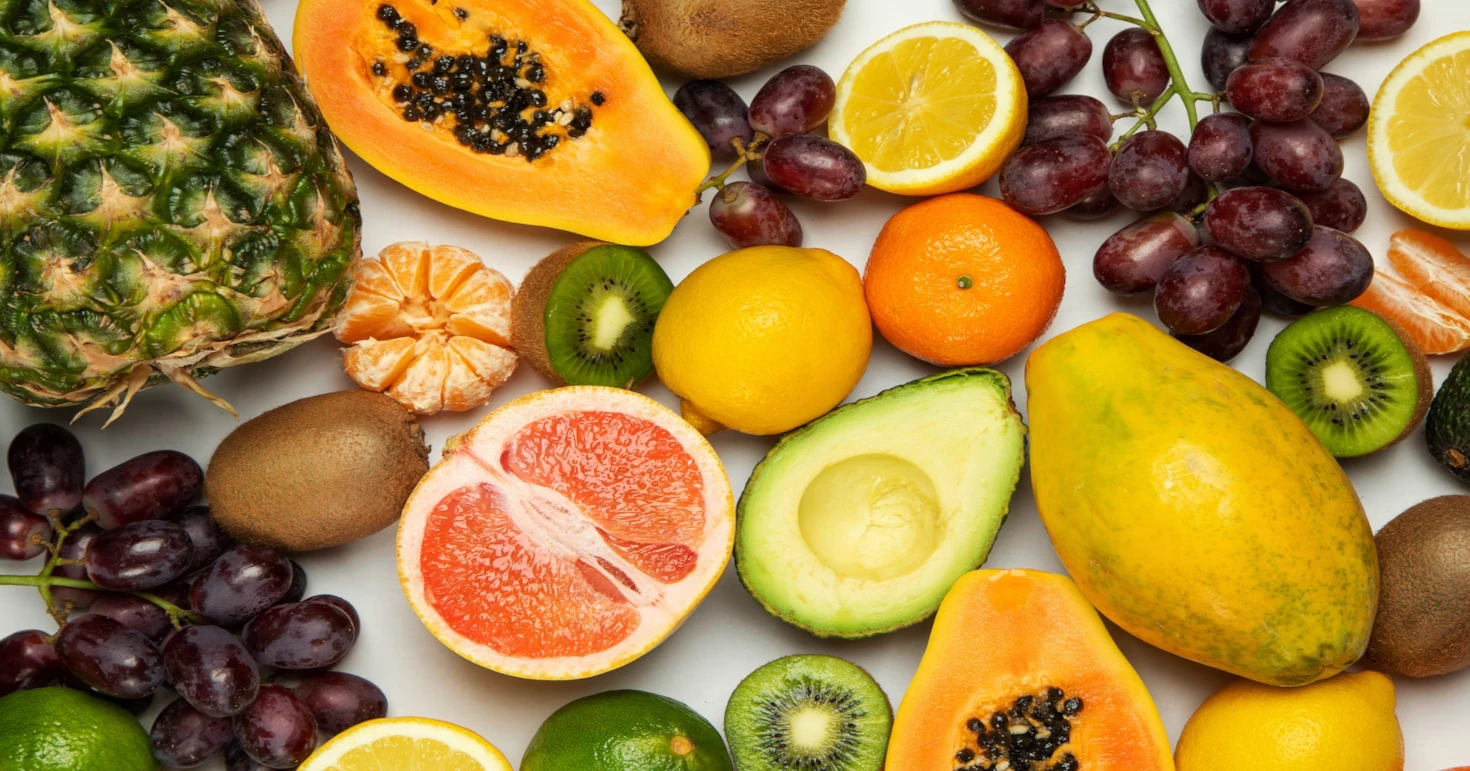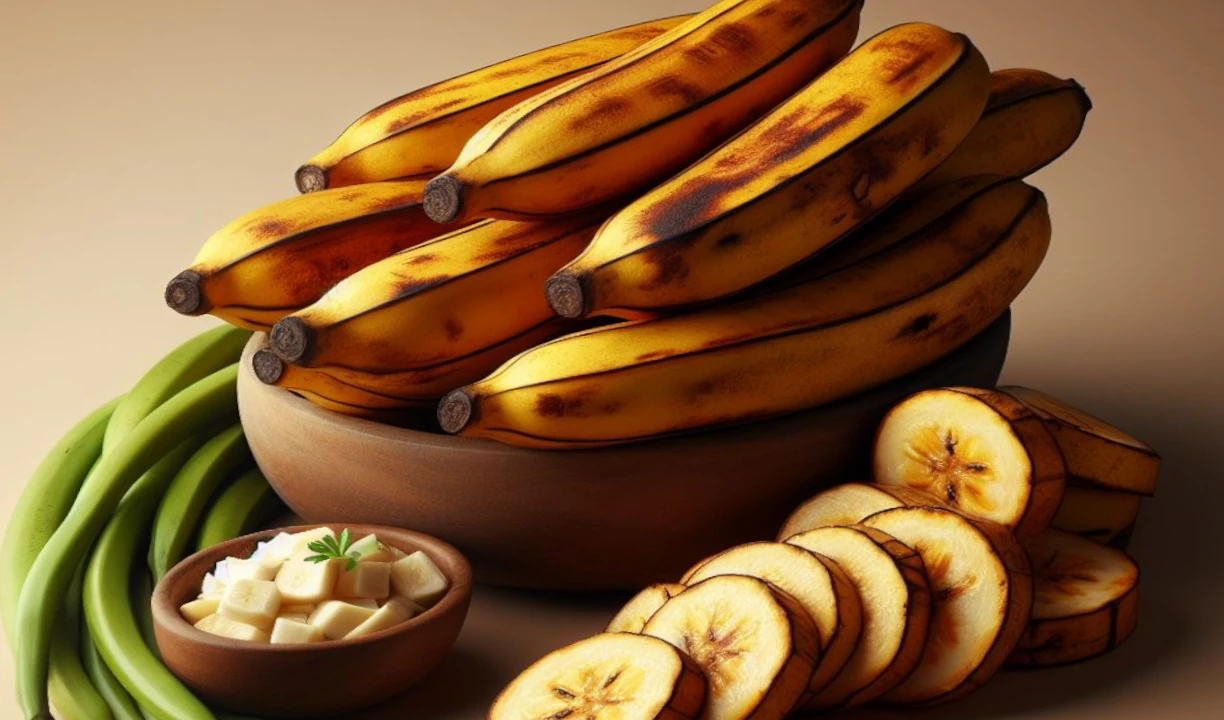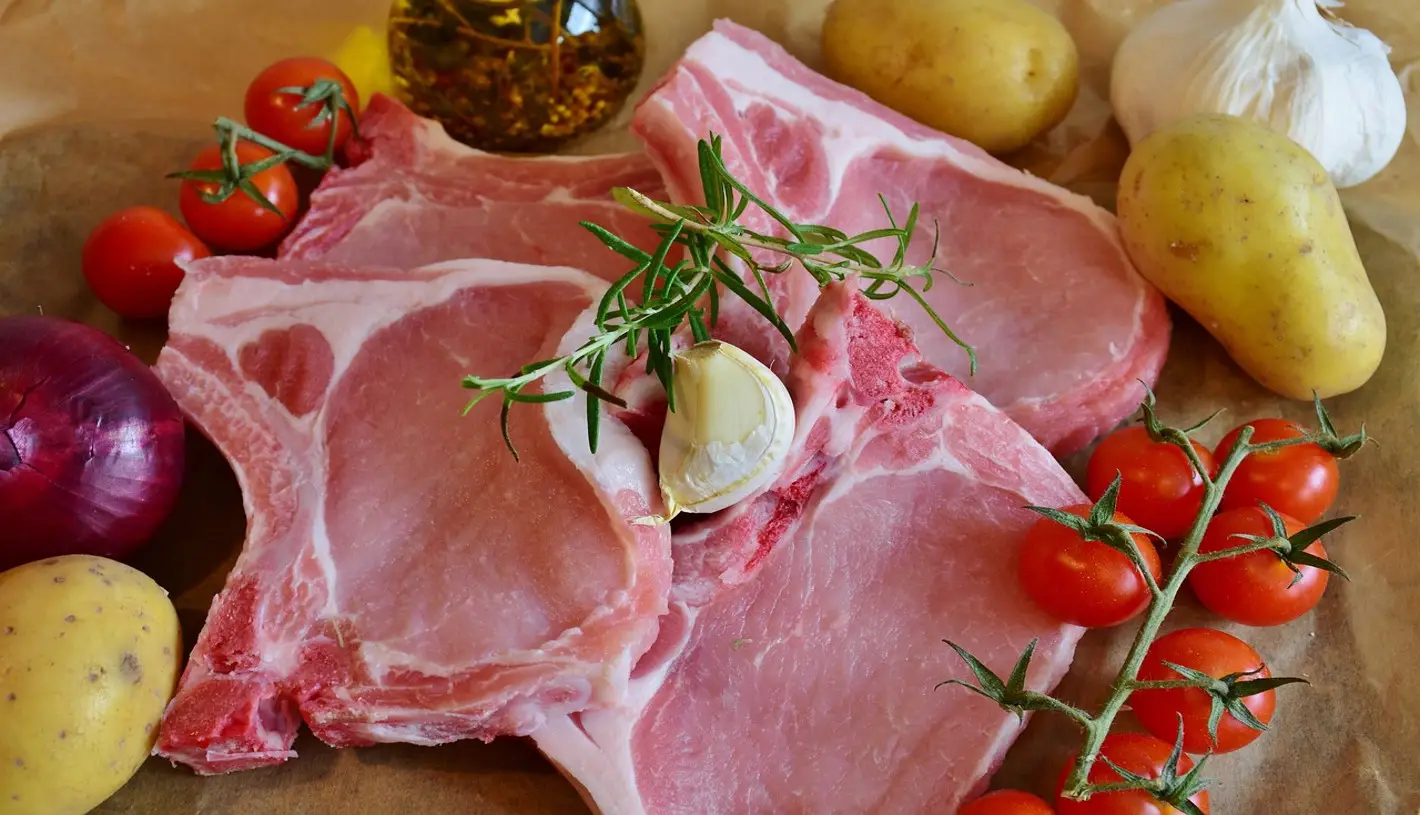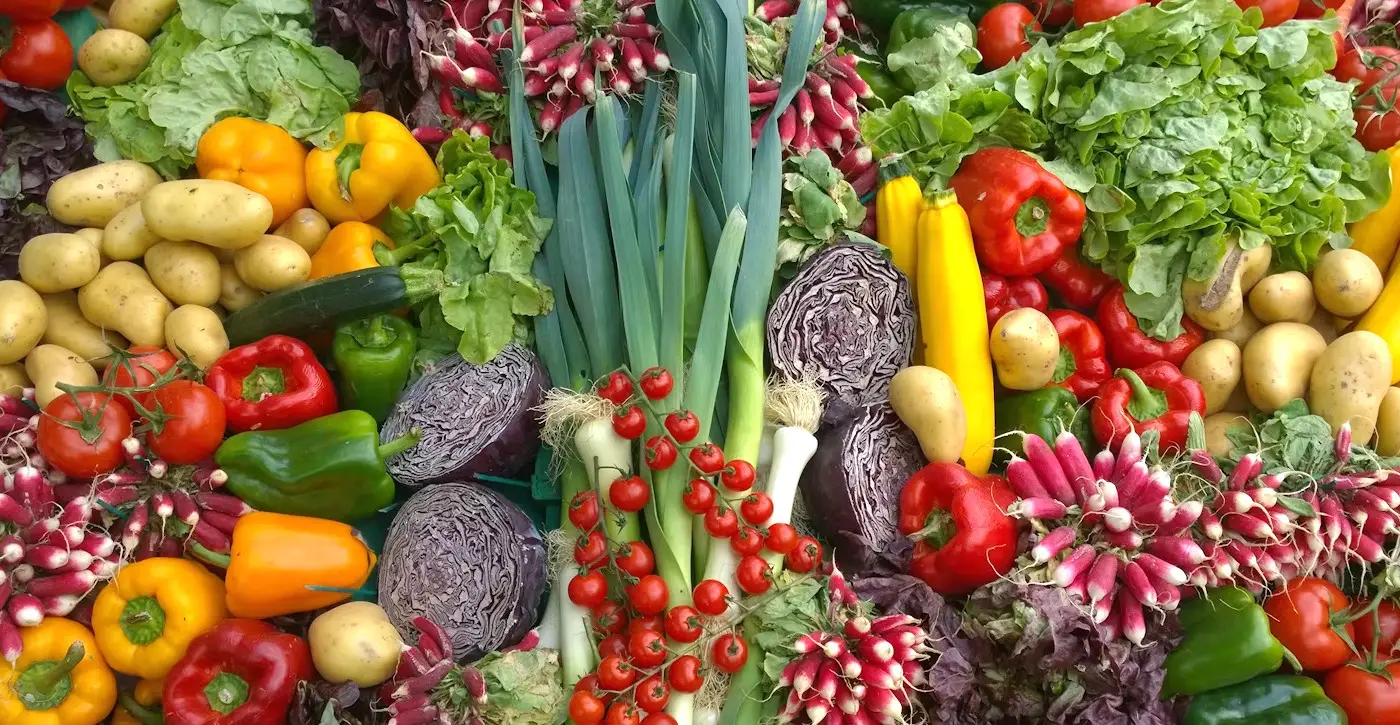Pomegranate Lysine and Arginine Info Sheet
Overview
Pomegranate is a round, red fruit that has a thick, leathery skin and hundreds of edible seeds called arils.The arils have a sweet, tart, and juicy flavor and a crunchy texture.
Pomegranate can be eaten fresh, juiced, or used to make various dishes, such as salads, sauces, or desserts.
Pomegranate is high in antioxidants, especially polyphenols, which may protect against oxidative stress and inflammation.
It also contains some vitamin C, potassium, and fiber. Pomegranate may also help lower cholesterol, blood pressure, and blood sugar levels.
Pomegranate may also have anti-cancer, anti-viral, and anti-bacterial effects.
| Name | Lysine (mg/100g) | Arginine (mg/100g) | Ratio |
|---|---|---|---|
| Pomegranate | 110mg | 90mg | 1.222 |
Pomegranate contains 110mg of Lysine and 90mg of Arginine per 100g of product.
This means Pomegranate has a high Lysine-Arginine ratio of 1.222.
Because Pomegranate contains slightly more lysine than arginine, increasing its consumption may benefit people who suffer from herpes, as it may boost the immune system.
Lysine Considerations
Pomegranate has a low amount of lysine, which is not enough to meet your daily needs.
Lysine is essential for protein synthesis, tissue repair, and immune function.
Lysine is also involved in the production of collagen, a protein that supports the skin, bones, and joints.
Lysine is essential for human health, and must be obtained from the diet or supplements.
It's one of the nine amino acids that the body can't produce, so it must be included in our diet.
Lysine has many roles in the body, such as aiding in growth, healing, energy production, immune function, and the production of collagen.
Research indicates that lysine may have an impact on the herpes virus, which is responsible for cold sores and genital sores.
Taking lysine supplements or using lysine cream could potentially prevent or treat these infections by inhibitnig the amino acid arginine, which the virus requires for growth.
Arginine Considerations
Pomegranate has a slightly lower amount of arginine, which is almost equal to lysine.
Arginine is a semi-essential amino acid that is involved in various metabolic processes, such as nitric oxide synthesis, urea cycle, and wound healing.
Arginine also plays a role in blood pressure regulation, immune response, and sexual function.
Arginine is semi-essential for human health, and can be synthesized by the body under normal conditions.
However, some situations may increase the need for arginine, such as stress, injury, or infection.
Arginine has a variety of functions in the body, including wound healing, helping the kidneys remove waste products from the body, and maintaining immune and hormone function.
Arginine also plays a role in the replication of the herpes virus, making it a key factor in cold sore outbreaks.
The herpes virus requires arginine to grow, replicate, and create new herpes viruses.
Foods rich in arginine, such as nuts and chocolate, may increase the frequency and severity of these outbreaks.
Lysine-Arginine Ratio
Pomegranate has a high lysine-arginine ratio, which means it has more lysine than arginine.
This may be beneficial for people with herpes infections, as lysine can block the absorption of arginine and inhibit viral replication.
Both lysine and arginine are essential for protein synthesis and various other bodily functions.
They, however, have opposing effects on the herpes simplex virus, which causes cold sores and genital herpes.
Lysine can slow down the replication of the virus, whereas arginine can stimulate it.
Thus, a diet rich in foods with a high lysine to arginine ratio may help reduce the occurrence and severity of herpes outbreaks.
Foods that have a high lysine-arginine ratio include dairy products, fish, poultry, fruits, and vegetables.
These foods can provide the body with enough lysine to compete with arginine and inhibit the virus from replicating and causing flare-ups.
Dietary Considerations
Fruits are generally high in natural sugars, water, and vitamin C.
Some fruits have more lysine than arginine, such as papaya, mango, apricot, apple, pear, fig, and avocado.
These fruits can help prevent or soothe herpes outbreaks, as lysine can counteract the effects of arginine.
Other fruits have more arginine than lysine, such as oranges, tangerines, grapes, bananas, strawberries, and kiwis.
These fruits can still be consumed in moderation, as they have other health benefits.

For example:
A diverse and nutritious diet that supports your immune system and fights inflammation is essential.
This means you should eat lots of fruits, vegetables, whole grains, lean protein, and healthy fats, and steer clear of processed foods, added sugars, alcohol, and caffeine, which can harm your health.
Avoid alcoholic beverages and caffeine which can overstimulate your body, leave you dehydrated, and compromise your immune system.You may want to take l-lysine supplements.
L-lysine is known to prevent herpes outbreaks and it can help stop a cold sore in its initial stages by "starving" the virus of arginine before it has a chance to cause a cold sore.
Other food supplements, such as vitamin C, zinc, selenium, and antioxidants, can help you boost your immunity and protect your cells from oxidative stress.
To prevent outbreaks, avoid foods that can cause allergic reactions or sensitivities, such as gluten, dairy, nuts, eggs, or shellfish.
These foods can harm your immune system and make inflammation worse.
Pain, swelling, and itching can be reduced by eating foods that have anti-inflammatory, antiviral, and antibacterial properties, such as honey, yogurt, aloe vera, and chamomile.
These foods can also help you heal faster by promoting tissue repair.
Check more food information






